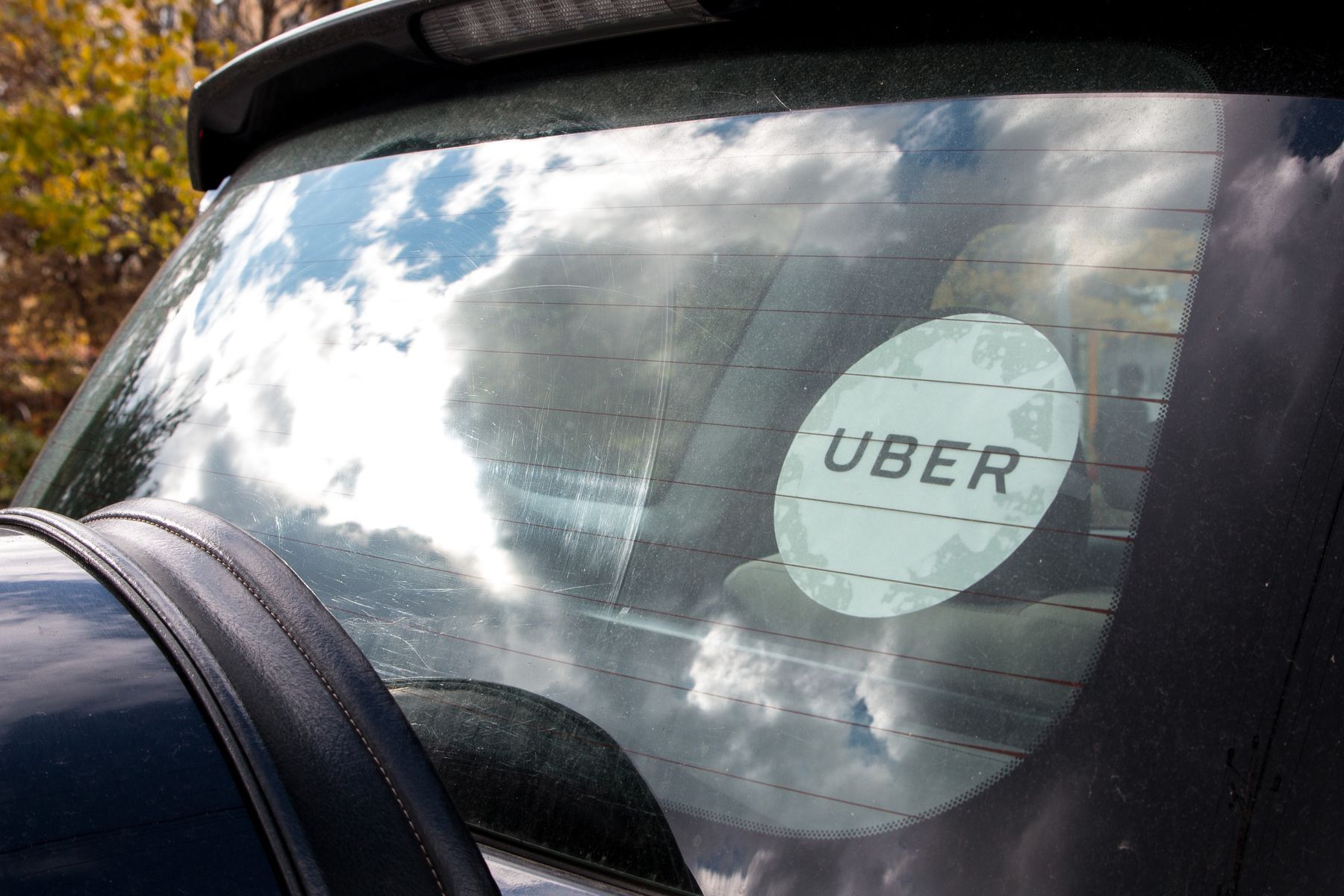
More than one million people used rideshare apps like Uber and Lyft in the third quarter of 2019 alone. Unfortunately, some passengers had a bumpy ride that ended with injuries ranging from minor to life-threatening. But people harmed in a rideshare accident face some unique challenges, in addition to the usual problems experienced after a personal injury.
The first challenge you face after a rideshare accident is easy to see. If you were injured, you need to get better. How long that takes depends on how badly you were injured. In some cases, you might be back on your feet in a few days. But serious rideshare accidents could involve catastrophic injuries or life-threatening injuries.
Medical bills may start arriving soon after your rideshare accident, but that may just be the beginning. If you suffered serious injuries, you might have months or even years of medical treatment ahead. A personal injury claim could cover most, if not all, of your damages.
But you may also have been unable to work for a while. If so, you might be compensated for your lost wages or lost earning ability.
The person who caused your injuries is usually liable for your damages. Some liability issues may be fairly easy to determine. For example, the driver who caused your accident may be on the hook for 100% of the damages, which probably will be paid by at least one insurance company.
But Florida law uses comparative negligence. With rideshare accidents, this could mean that your driver is partially responsible for the accident and your resulting injuries. In fact, you could be partially liable if your actions contributed to an unsafe condition. If your driver is partially responsible, he or she should have insurance to cover your damages.
The parties responsible for your injuries usually are responsible for compensating you. Here’s another area where rideshare accidents are different.
Rideshare drivers are independent contractors. So, will their personal automobile insurance cover your damages, or will the rideshare company itself be responsible? What if the company knew there was a problem with the driver but let them continue anyway?
Named for the two most common rideshare companies, this law standardizes statewide regulations for rideshare drivers.
One provision requires drivers to maintain a certain level of personal auto insurance that covers their rideshare activities. For example, the law requires drivers to have “primary automobile coverage of at least $1 million for death, bodily injury, and property damage.”
Since rideshare drivers are required to show proof of insurance at an accident, there’s a good chance you can get their insurance information immediately. Having this information could help you and your attorney quickly pursue compensation.
If you have been hurt because of someone else’s negligence, you need help from top-rated, hard-working representation. At Shapiro|Delgado, our attorneys put their injury law experience to work for you. And we handle cases on a contingency basis, which means we don’t get paid unless you do.
We represent clients throughout Florida, including Sarasota, Bradenton, Tampa, Saint Petersburg, Pinellas County, and surrounding communities.
To set up a free personal consultation, call 941-954-4000 or use our convenient online contact form.
Your family counts on you.
You can count on us.
Notifications